Gachagua’s High-Stakes Gamble for the Presidency in 2027
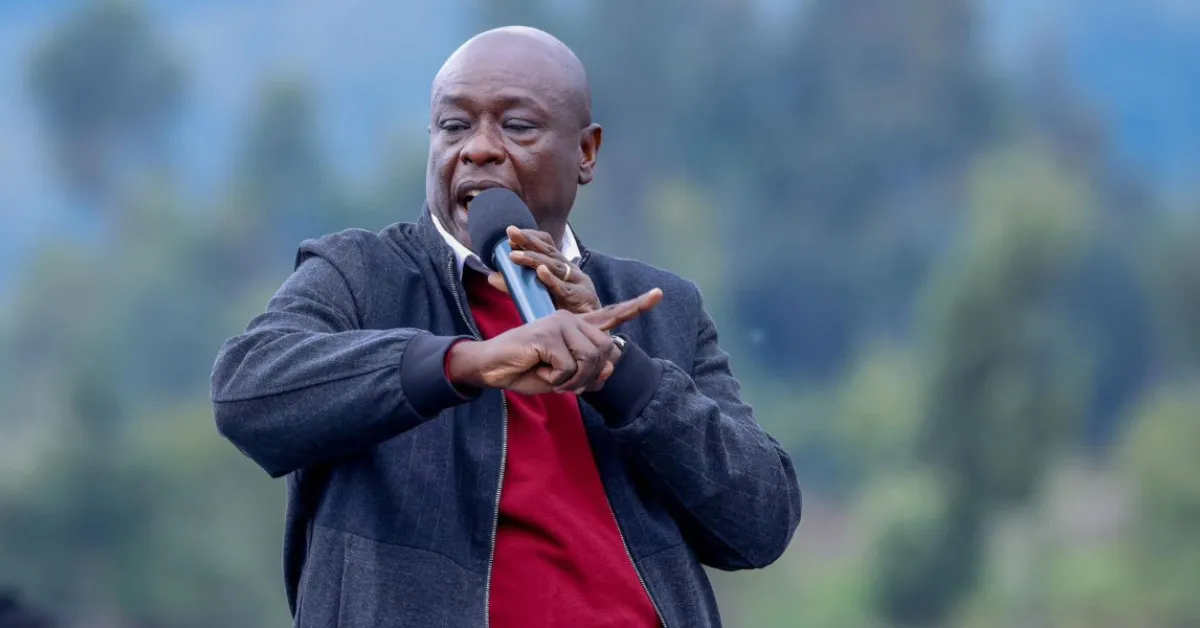
Former Deputy President Rigathi Gachagua has announced his candidacy for the 2027 General Election, positioning himself as a direct opponent to President William Ruto.
Now seeking to lead that coalition, he argues that his political experience and regional influence, particularly in the Mt Kenya region, make him the most credible alternative to the incumbent. His recent rally in Nyandarua, where he called for Ruto’s removal, has caused friction within opposition ranks, with some leaders viewing his bid as untimely and divisive.
Earlier this year, Gachagua launched the Democratic Change Party (DCP), signalling the beginning of his transition from party organiser to presidential contender. Although he initially expressed willingness to support a consensus candidate, political analysts now believe those statements were part of a broader plan to build a national campaign. His team insists the bid is serious, not symbolic, and aims to consolidate political power in central Kenya, where his support remains sharply divided.
Gachagua’s path to the presidency faces legal challenges following his impeachment in October 2024. He was removed from office by the Senate after being found guilty of ethnic incitement, interference with the judiciary, and abuse of office. His legal team argues that the process was politically motivated and that the impeachment does not legally prevent him from running for president. They point to a previous Supreme Court decision in the case of former Nairobi Governor Mike Sonko as precedent.
Three legal strategies are reportedly under review: challenging the Senate’s decision on procedural grounds, seeking temporary court orders to suspend the impeachment, or asking the judiciary to classify the charges as political, which would exempt him under Article 75(3) of the Constitution. Until a court rules otherwise, Gachagua remains eligible to contest.
Within the DCP, opinions are split over the motive behind his candidacy. Some party officials believe his aim is to win a significant number of parliamentary seats, over 100, according to his own projections, to gain influence in any post-election coalition. Gachagua has stated that this strategy is central to his political plan.
However, questions about party cohesion are growing. In a recent by-election in Mbeere North, DCP withdrew its candidate in favour of a rival party’s nominee as part of a unity deal. The move angered local officials and raised concerns about internal discipline and Gachagua’s leadership. Critics within the party warned of a possible loss of grassroots support.
Gachagua also faces strong competition from several other political figures, including Interior Cabinet Secretary Kithure Kindiki, opposition veteran Martha Karua, and Moses Kuria, whose populist appeal continues to attract support. Additionally, the Jubilee Party network, linked to former President Uhuru Kenyatta, still holds influence in parts of the Mt Kenya region. In this crowded field, Gachagua risks being seen as a spoiler rather than a frontrunner.
Public opinion in his home region remains divided. While some back his confrontational stance against the current government, others question his readiness for national leadership. Political observers note that some voters may prefer him in a role of oversight rather than as head of state.
His political journey has drawn comparisons to Jaramogi Oginga Odinga’s split from President Jomo Kenyatta in 1966, a move that made a lasting political impact but never led to executive office. Meanwhile, President Ruto continues to strengthen his position through strategic realignments. His allies are confident that he can win re-election without full backing from Mt Kenya.

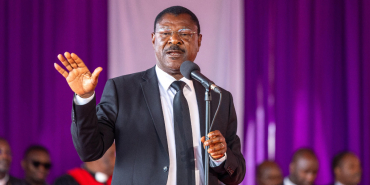
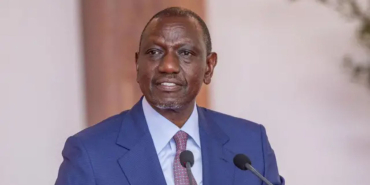
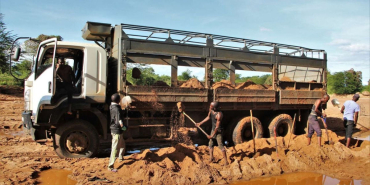
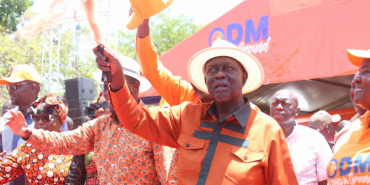
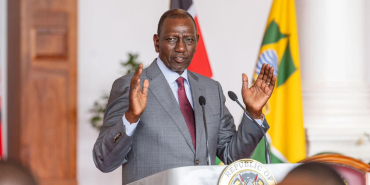
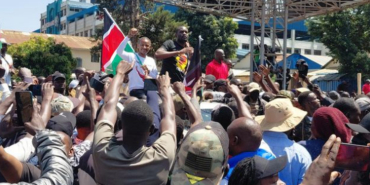
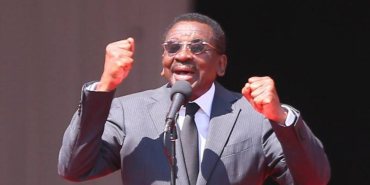
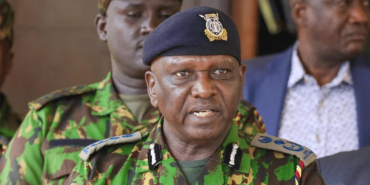

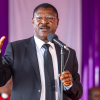


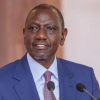
Add new comment